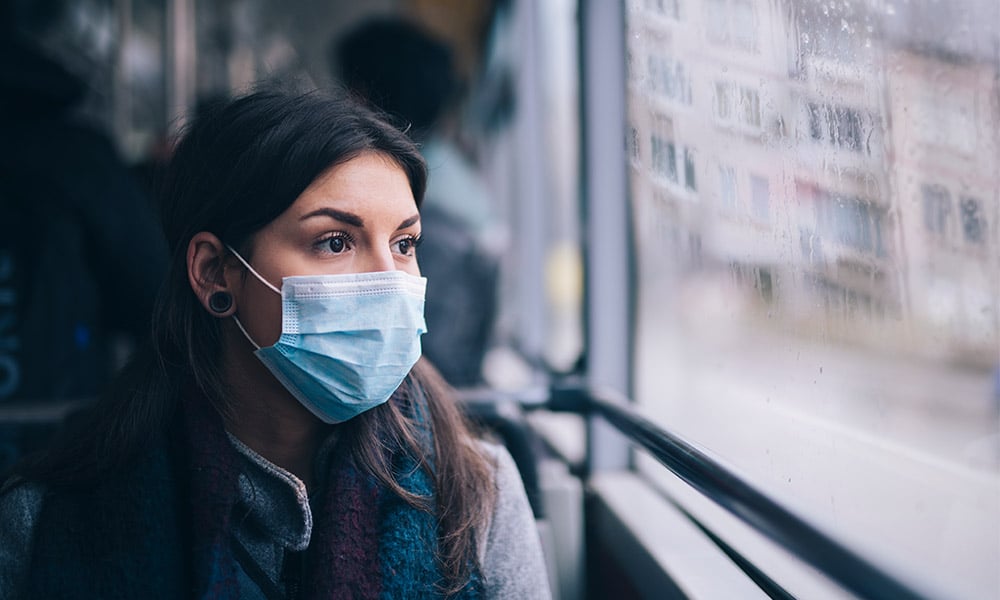
Businesses face immense pressure to meet customer and employee expectations of safety

Health and safety concerns are dampening consumer trust amid the COVID-19 pandemic – even as more Canadians return to some semblance of normalcy in Phase 3 and 4 of reopening.
Only one in five Canadians trust the health and safety measures of any industry, according to a recent Ipsos study. A similar percentage, however, remain sceptical of any sector when it comes to their plans to keep the public safe from the novel coronavirus.
Essential businesses are among the most trusted: pharmacies (23%) and grocery stores (20%) are believed to be setting the standard of cleanliness among establishments.
Banks trail behind, with only 9% of clients rating them as their most trusted sector in terms of implementing COVID-safe protocols. Meanwhile, other establishments, such as big-box and quick-service restaurants, coffee shops and gas stations, garnered trust ratings lower than 5%.
In terms of gender, women are 35% more sceptical of health and safety protocols than men, Ipsos found.
Businesses in Canada face immense pressure to meet customer and employee expectations of safety because there is a “wide variance” in regulation across the country, right down to the municipal level, explained Becky Harris, vice president of Ipsos Canada.
Canadians’ lack of trust translates into their lack of interest in visiting businesses where health and safety “isn’t up to par,” she said.
Across sectors, at least one in five respondents say they would avoid going to essential businesses if these establishments failed to keep the public safe:
About a third of Canadians surveyed would also stop visiting stores that cater to discretionary needs:
Almost half of respondents, however, are said to be “least forgiving” of establishments providing entertainment which do not enforce health and safety rules strictly.
Read more: Losing optimism? Canadians reluctant to return to the workplace
“As we continue to flatten the curve and push to keep a second wave at bay, more than ever, businesses will need to keep their focus on health and safety and the changes in consumer sentiment and expectations to keep their customers coming back,” Harris said.
Last week, HRD Canada reported how some workplaces are already implementing stricter health and safety protocols.
“Failure to comply with the law may lead to steep consequences for businesses, ranging from penalties to prosecution from government bodies as well as legal claims from employees,” Hope McManus, head of health and safety at HR consulting firm Peninsula Canada, told HRD.